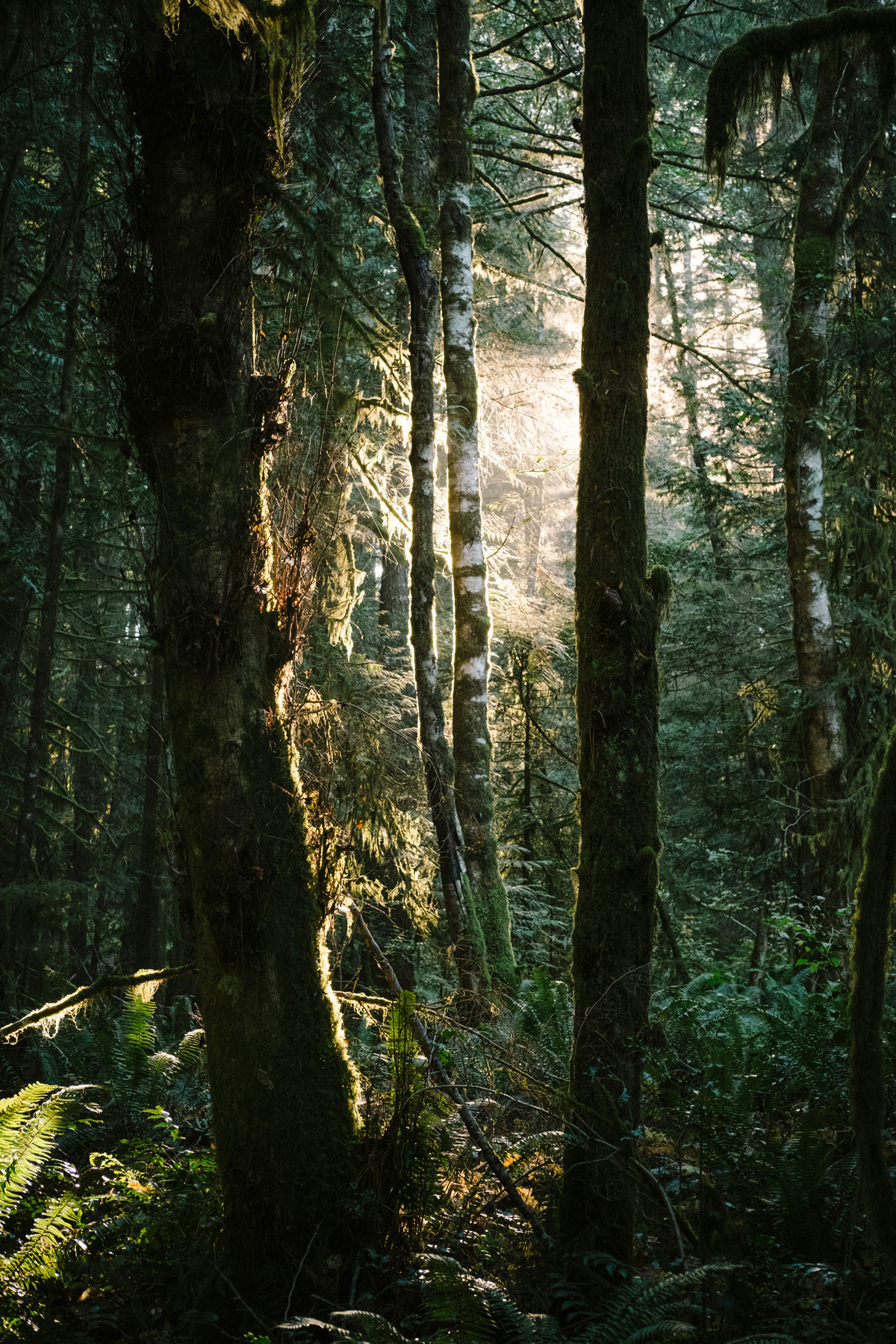EcoTourism

Manitou Creek EcoTourism – Great Bear Rainforest, B.C.
A Manitou Creek-based eco tourism operator could offer seasonal eco-adventures from May through October.
Typical packages in the region range from CAD $3,000–$5,000 per person for multi-day experiences, including lodging, meals, guide services, and transfers.
SMALL-GROUP, HIGH-VALUE BUSINESS MODEL
Introduction
EcoTourism is a nature-based tourism business opportunity offering immersive, small-group wilderness experiences in the heart of the Great Bear Rainforest of British Columbia, Canada. Located near Kimsquit and directly across the fjord from the famed Dean River, Manitou Creek sits at the confluence of ancient coastal mountains, rich estuarine ecosystems, and one of the planet’s most biologically diverse temperate rainforests.
Operators could provide transformative, low-impact travel experiences that connect guests with this extraordinary region’s land, water, wildlife, and Indigenous culture. Through guided wilderness tours, wildlife viewing, interpretive hikes, and cultural exchange, operators could offer visitors a rare opportunity to explore an untouched corner of the world in a respectful and sustainable way.
Location and Setting
Manitou Creek is tucked along the banks of a glacier-fed stream in a remote inlet of the central coast of British Columbia. Accessible only by floatplane or boat from Bella Coola, this secluded location lies within the traditional territory of the Nuxalk Nation. The area is part of the Great Bear Rainforest, a globally significant ecological zone spanning 6.4 million hectares, home to towering cedars, wild salmon runs, spirit bears (Kermode bears), grizzlies, wolves, eagles, and whales.
The land surrounding Manitou Creek is largely undeveloped, with pristine forests, waterfalls, and tidal estuaries supporting a web of life rarely seen elsewhere. The setting is ideal for guests seeking solitude, inspiration, and deep natural immersion.
Experiences Offered
A Manitou Creek-based eco tourism operator could offer seasonal eco-adventures from May through October, including:
- Wildlife Viewing: Grizzly bears, black bears, coastal wolves, and bald eagles in their natural habitat
- Marine Exploration: Zodiac tours to spot humpback whales, orcas, sea lions, and porpoises in nearby fjords
- Rainforest Hikes: Guided walks through old-growth forests with interpretation of plant life, ecology, and Indigenous knowledge
- Salmon Run Observations: Seasonal trips to witness spawning salmon and predator-prey interactions along creeks and estuaries
- Cultural Experiences: Optional storytelling, art workshops, and cultural heritage talks in collaboration with local Nuxalk partners
- Photography Retreats and Nature Immersion Programs
Accommodations could be developed on the Manitou Creek property to include off-grid, eco-conscious cabins and communal lodge space powered by renewable energy, offering comfort with minimal environmental impact.
Target Market
Clientele would include environmentally conscious travellers, adventure tourists, photographers, educators, and international visitors seeking authentic, off-the-beaten-path experiences. Typically, many of these types of travellers are motivated by sustainability, wildlife conservation, and Indigenous culture, and are typically aged 30–70 with a strong interest in meaningful, immersive travel.
Business Model and Sustainability
A Manitou Creek-based eco tourism business could operate on a small-group, high-value model, limiting weekly guest numbers to minimize ecological footprint. Typical packages in the region range from CAD $3,000–$5,000 per person for multi-day experiences, including lodging, meals, guide services, and transfers.
Stewardship and Growth Outlook
Sustainability could be a key marketing proposition. For example, experiences follow “Leave No Trace” principles, and guides could be trained in ecological awareness and respectful wildlife interaction. Furthermore, Indigenous-led programming would offer wellness and mindfulness retreats and could help establish long-term conservation education partnerships.
With growing global demand for eco-conscious travel and the protection of wild places, an eco-tourism business in and around the Manitou Creek property could become a leading example of regenerative tourism in one of Canada’s most sacred natural environments.